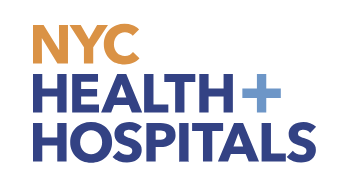Hospital teams in New York City identify inpatients with substance use disorders, including opioid use disorders, and offer evidence-based treatment with medications and ongoing recovery support
Started in 2018 to increase access to addiction treatment, the Consult for Addiction Treatment and Care in Hospitals (CATCH) program seeks to identify hospital inpatients with opioid use disorder (OUD) and encourage them to initiate medications for opioid use disorder (MOUD) and recovery services. CATCH teams, now in six New York City hospitals, consist of three members: a doctor or nurse practitioner who makes a substance use disorder (SUD) diagnosis, including OUD, and prescribes MOUD if appropriate; an addiction counselor or social worker who determines the appropriate setting for treatment and works with the patient on addiction-related issues; and a peer advocate who connects with patients and helps them navigate their ongoing recovery. The program's objectives and operation are described in this press release.
During the COVID-19 pandemic, one CATCH hospital initiated a telephonic outreach program for patients to help ensure continuity of care after discharge. CATCH is undergoing an evaluation to determine its effectiveness in recruiting and maintaining patients in MOUD and sustaining OUD recovery; the evaluation protocol is described here and guidance on developing similar programs is available here. Evaluations of programs in Oregon and Massachusetts suggest that hospital addiction consultation is effective in reducing readmissions and improving engagement with SUD treatment.
Reaching out to patients and engaging them in a hospital setting to initiate addiction treatment creates an opportunity for patients to say, ‘I’m ready for help.'”









